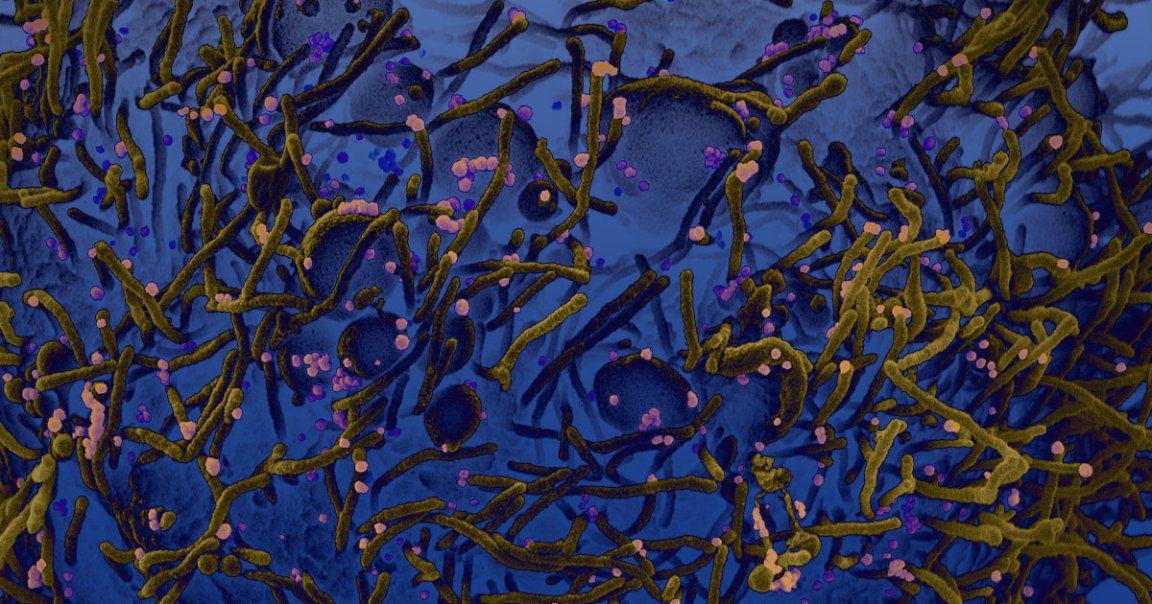
Scientists suspect that the reason some parts of the world were devastated by the coronavirus pandemic while others were able to contain their outbreaks is that different areas have been hit by different mutations of the virus itself.
A team from Scripps Research have singled out one particular mutation, dubbed D614G, as a particularly-infectious strain of the virus, Reuters reports — and they say it could explain the massive death tolls in locations including New York City and Italy.
This mutation was previously identified as one of the dominant forms of the coronavirus and linked to greater rates of transmission, but now the team thinks they know why it’s so dangerous.
The surface of the coronavirus is covered in spike proteins that help it latch onto a host cell. It turns out that the D614G mutation gives the virus four to five times as many spikes. That makes it far more likely to glom onto and infect a cell, according to research shared online last week that’s currently awaiting peer review. The study also found that added spikes help keep the virus intact as it floats inside its host.
“Our data are very clear, the virus becomes much more stable with the mutation,” Scripps virologist Hyeryun Choe said in a press release.
“Viruses with this mutation were much more infectious than those without the mutation in the cell culture system we used,” Choe added.
What remains unknown about D614G is whether it causes more severe infections or if it’s deadlier than other strains of the coronavirus. The Scripps researchers haven’t yet looked into it, Reuters reports, but plan to conduct more studies soon.